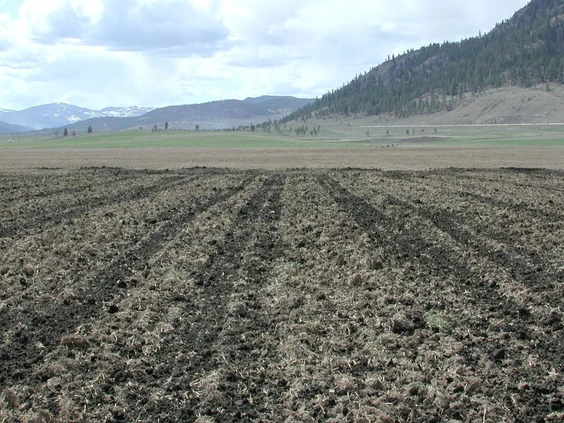More than 3,600 metric tons or about 130 truck loads of the suspected toxic sewage sludge has been shipped. Farmers are being warned not to use for fertilizer
A Maine company is sending close to 130 truckloads of sewage sludge a month across the border to New Brunswick after the state’s landfill warned of a capacity glut.
Casella Waste Systems, a Vermont-based company that operates the 122 acre landfill north of Bangor, ME said it lacked enough dry bulky waste to stabilize the wet sludge due to a ban on importing out-of-state waste last month.
Casella is trucking more than 3,600 metric tons or about 130 truck loads to New Brunswick, Portland Press Herald reported earlier this week.
“I think they are putting up some barriers at times, that maybe they could help the state to be a little more creative to find solutions that help protect environmental health,” Maine state senator Stacy Brenner told the newspaper. The state has argued Casella could use wood debris to stabilize the sludge.
Casella has argued bans on out-of-state waste and composting should be suspended. Maine banned the use of human waste across the state after multiple municipal tests found concerning levels of PFAS, or forever chemicals, which do not biodegrade. Advocates have warned it could contaminate the water and farmland and pose a harm to livestock and residents.
Joel Lamarche, president of the Agricultural Alliance of New Brunswick, told CBC he is warning farmers to “refuse” shipments of biosolids from Maine to use as fertilizer. New Brunswick’s environmental guidelines bans use of biosolids with “high levels of pathogens,” but does not mention PFAS, the crown corporation found.
PFAS are used in industrial settings and household products including “non-stick cookware, stain-resistant carpets and furniture, water-resistant clothing, coated oil resistant paper/cardboard food packaging (like microwave popcorn and pizza boxes), and some personal care products,” Maine’s Bureau of Agriculture, Food and Rural Resources said.
Studies have linked PFAS exposure to health effects related to “birth weight, liver function, infant development, the immune system, and may increase the risk of some cancers including prostate, kidney, and testicular cancers,” it adds.
Casella is exploring “new markets” for the compost, a company director wrote in May to the Brunswick Sewer District, according to letter obtained by Press Herald.
Those markets included New York, Southern New England and New Brunswick, where the rules on PFAS are less strict.


